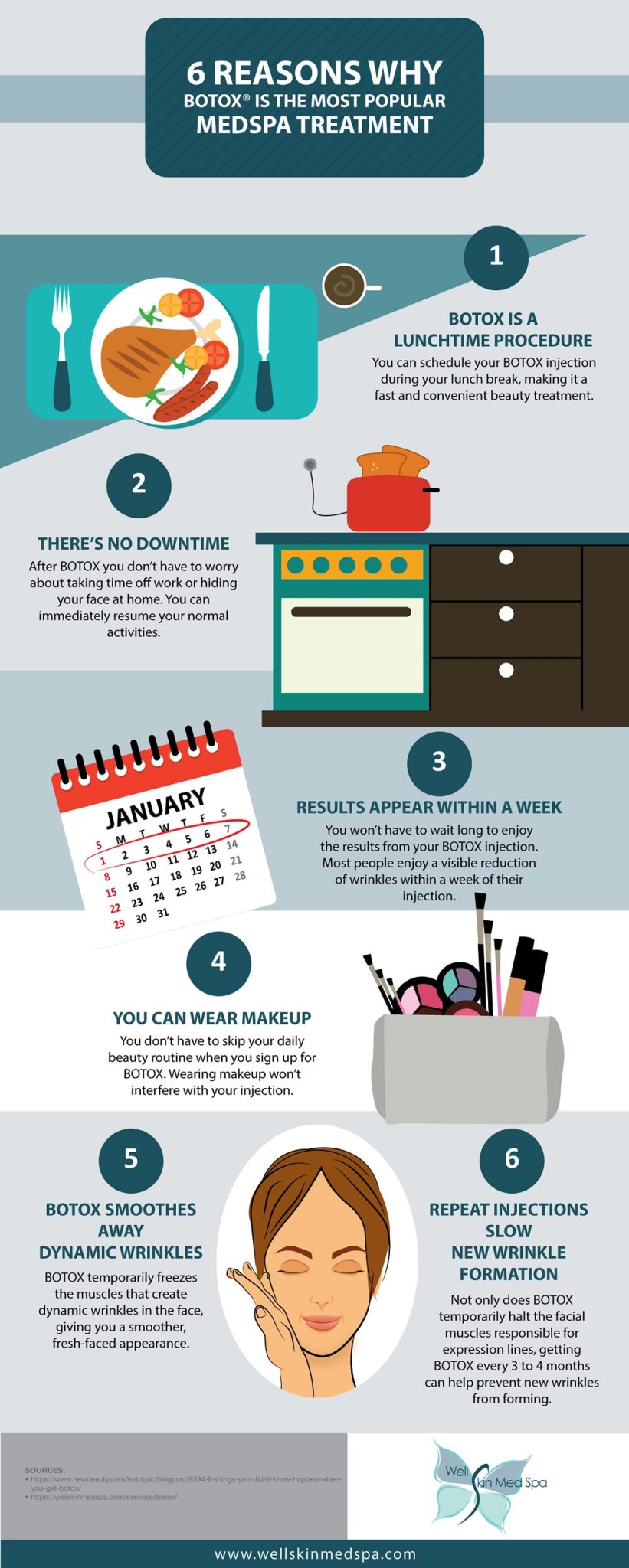Considering SMILE Surgical Procedure? Discover Crucial Factors To Consider And Insights To Aid You In Making An Experienced Decision Concerning Your Aesthetic Leads
Considering SMILE Surgical Procedure? Discover Crucial Factors To Consider And Insights To Aid You In Making An Experienced Decision Concerning Your Aesthetic Leads
Blog Article
Material Composed By-Frederiksen Cooley
If you're considering SMILE eye surgical procedure, contemplate this: are you prepared to welcome potential aesthetic liberty, or does the thought of any kind of risks make you hesitate? Your decision will hinge on a mindful equilibrium of evaluating the benefits versus the unpredictabilities. It's crucial to dig much deeper right into the subtleties of SMILE surgery to make an enlightened choice that aligns with your aesthetic objectives.
Understanding SMILE Eye Surgery
When thinking about SMILE Eye Surgical procedure, it's important to understand the treatment and its benefits. SMILE, which stands for Tiny Cut Lenticule Removal, is a minimally invasive laser eye surgery that corrects typical vision issues like nearsightedness (nearsightedness).
During the procedure, your eye cosmetic surgeon will make use of a femtosecond laser to develop a tiny cut in your cornea. Via this cut, a little disc of tissue called a lenticule is gotten rid of, improving the cornea and correcting your vision.
Among click here for more of SMILE Eye Surgical procedure is its quick healing time. Numerous individuals experience boosted vision within a day or two after the procedure, with minimal pain.
Additionally, SMILE is understood for its high success price in giving long-lasting vision improvement. Unlike LASIK, SMILE does not need the production of a flap in the cornea, decreasing the threat of complications and enabling a much more stable corneal structure post-surgery.
Comprehending the procedure and its advantages is critical when thinking about SMILE Eye Surgery for vision modification.
Advantages and disadvantages of SMILE
Taking Into Consideration SMILE Eye Surgery for vision modification includes different advantages and possible drawbacks.
Among https://www.healthline.com/health/cold-laser-therapy of SMILE is its minimally intrusive nature, as it involves a small incision and usually leads to fast healing times. The treatment is also recognized for causing minimal pain and completely dry eye signs post-surgery compared to other vision adjustment methods. In addition, SMILE has been revealed to offer superb aesthetic outcomes, with numerous clients achieving 20/20 vision or far better.
On the other hand, a possible con of SMILE is that it might not be suitable for individuals with extreme refractive errors, as the therapy variety is somewhat limited compared to LASIK. One more factor to consider is that the learning curve for specialists implementing SMILE can affect the accessibility of knowledgeable companies in specific locations.
It is essential to consider these pros and cons meticulously when deciding if SMILE is the appropriate choice for your vision adjustment demands.
Establishing Qualification for SMILE
To figure out if you're eligible for SMILE eye surgical procedure, your eye doctor will carry out a thorough examination of your eye health and wellness and vision needs. Throughout this evaluation, variables such as the stability of your vision prescription, the density of your cornea, and the general wellness of your eyes will certainly be examined.
Normally, candidates for SMILE more than 22 years old, have a steady vision prescription for at the very least a year, and have healthy and balanced corneas without conditions like keratoconus.
Your optometrist will additionally consider your overall eye health and wellness, any type of existing eye conditions, and your way of life needs to identify if SMILE is the right selection for you. It's important to connect any details aesthetic needs or worries you may have during this examination to make certain that the therapy straightens with your expectations.
If you aren't qualified for SMILE, your eye doctor might suggest alternative vision adjustment choices that better suit your private requirements and eye health condition.
Conclusion
Inevitably, choosing whether SMILE eye surgical treatment is right for you needs mindful consideration of your specific eye health and visual needs. Consult with your eye doctor to identify your eligibility for the procedure and weigh the prospective advantages and drawbacks. Keep in mind to communicate any worries or concerns you may have during the examination process to make an educated decision regarding your vision modification alternatives.
